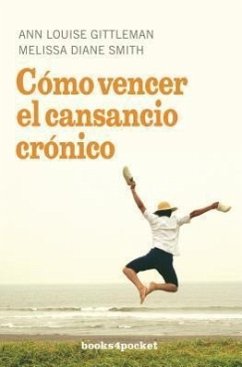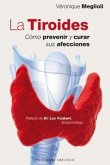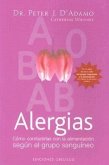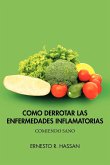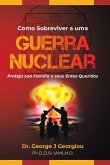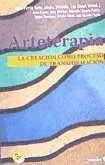Copper overload is an insidious but increasingly common nutritional problem. The author says that difficulty getting out of bed, midday slumps, mood swings, insomnia, and anxiety may be symptoms of a copper/zinc imbalance. She discovered this link after she encountered several patients in her nutritional practice--most of them women--who were not suffering from hypothyroidism, adrenal problems, or anemia (as she had suspected), but rather a mineral imbalance that was diagnosed after simple hair testing. Vegetarian diets, low-fat diets, and taking multivitamins--all ostensibly healthy moves--can make you more susceptible to copper overload. So do less-healthy activities, including drinking alcohol and coffee, taking cortisone, and being constantly stressed. (These activities sap the body of zinc, says Gittleman, jeopardizing the delicate zinc/copper homeostasis in the body.) Home tap water may also be overloaded with copper, and women are susceptible to absorbing copper from intrauterine devices. To remedy the overload, Gittleman outlines an easy plan for renewing health and increasing energy. She includes a questionnaire to help determine if copper overload may be a problem for you; gives resources for hair analysis in case your doctor doesn't have one; instructs on how to read a tissue-analysis report; and outlines a sensible diet plan, including menus to keep the zinc/copper balance in check.
Hinweis: Dieser Artikel kann nur an eine deutsche Lieferadresse ausgeliefert werden.
Hinweis: Dieser Artikel kann nur an eine deutsche Lieferadresse ausgeliefert werden.

